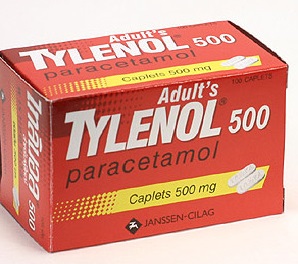Parts of this blog are drawn from ‘Improving access to medicines: empowering patients in the quest to improve treatment for rare lethal diseases’, a forthcoming paper in the Journal of Medical Ethics
Jenn McNary witnesses the miracles that modern medicine can produce every day when she sees her son Max, once increasingly reliant on a wheelchair due to his Duchenne muscular dystrophy, now able to walk, run and jump, the progression of his deadly disease apparently halted due to his enrolment in a clinical trial of a new drug, Eteplirsen.
Tragically, she also witnesses the suffering of her son Austin, who has the same genetic condition, denied the drug as his disease progresses and left no longer able to leave his wheelchair unaided. Like most with Duchenne muscular dystrophy, he is expected to die in his early twenties.
Eteplirsen works by rewriting some of the genetic code that is linked to the disease. If Max’s improvement is repeated in other patients in the trial who are receiving the drug and not the placebo, it is likely that in a few years this treatment will be revolutionizing the prognosis for Duchenne sufferers and offering hope to many of the 1 in 3600 boys who are affected by the disease.
In the meantime, patients like Austin are denied treatment, on the grounds that the drugs have not been tested- in order to protect him from unknown side effects and complications, and to test its efficacy scientifically. Yet the alternative for Austin is continuing degenerative disease, and in a few years, death.
Les Halpin, founder of Access to Medicine, and himself a motor neuron disease sufferer has argued that for those with life threatening and rare illnesses, current drug approval procedures do not work. He argues in our forthcoming paper that “for such individuals, the “risk-return ratio” is different compared to patients with more benign conditions and drug regulations should be adapted to allow such people the opportunity to try out new combinations of drugs”. He has argued for greater use of new media to track patient progress, and cites the use of the website ‘Patients Like Me’ by MND patients to track their progress on lithium treatment.
Read More »Ethics and the Limits of the Randomized Controlled Trial: Time to Enhance Access to Novel Therapies in Lethal Diseases?


